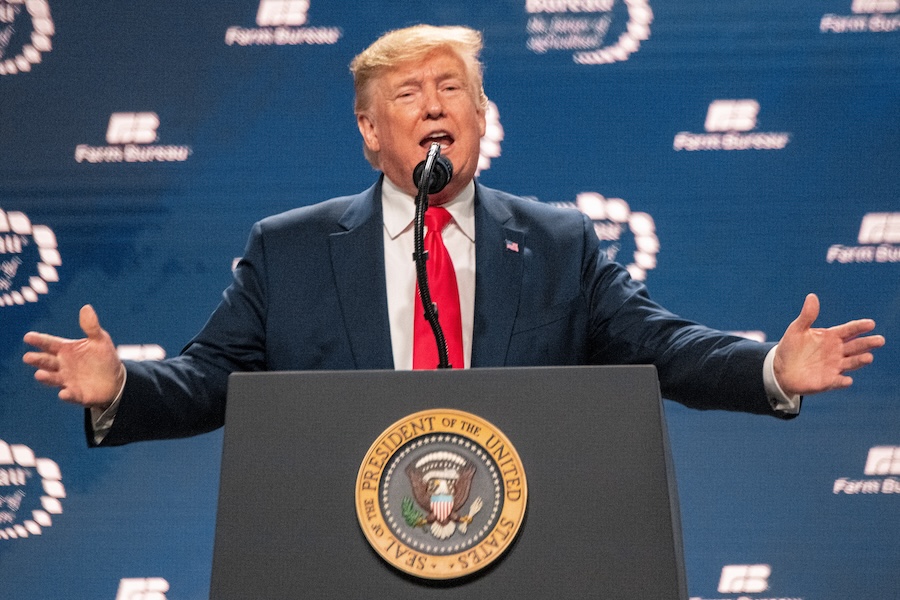Politics
NEW: White House Reveals Staggering Effect Of Trump’s Tariffs: ‘$5.2 Trillion In Investments’

A new update from the White House on Friday placed a spotlight on a sweeping resurgence of U.S.-based investment, driven by President Donald Trump’s second-term economic agenda. According to administration figures, more than $5.2 trillion in total investment has now been secured, much of it tied to tariffs, trade policy, and a push to re-shore key industries.
The figure includes both finalized and pledged investments across sectors ranging from advanced manufacturing and artificial intelligence to pharmaceuticals and energy. Officials say the sum reflects what they describe as “The Trump Effect,” a combination of policy levers designed to bring capital back to the United States.
A graphic shared on the White House’s official social media account features President Trump pointing to the sky under a banner reading “The Trump Effect” and “$5.2 Trillion Total Investments Secured.”
The post reads, in part: “While the haters hate, President Trump delivers.”
While the haters hate, President Trump delivers. $5.2 trillion in investments, locked in.
That’s the Trump Effect. 🤑🇺🇸 pic.twitter.com/V2fZ6da98S
— The White House (@WhiteHouse) April 25, 2025
A breakdown includes a host of large-scale commitments. Apple, NVIDIA, and SoftBank have each announced plans to invest $500 billion in U.S.-based infrastructure and manufacturing. Taiwan Semiconductor Manufacturing Company (TSMC) pledged $100 billion for chip production. Pharmaceutical firms Johnson & Johnson, Eli Lilly, Novartis, and Roche have collectively committed over $150 billion in research, development, and facility expansion across the U.S.
Several automakers are also increasing their footprint. Hyundai announced $21 billion in planned investments, including a new steel plant in Louisiana. Stellantis is reopening its Belvidere, Illinois plant, backed by a $5 billion infusion. Additional funding is flowing into sectors like aerospace, data infrastructure, and consumer goods.
Beyond individual corporate investments, the White House highlighted multi-national agreements from foreign governments. Officials say the United Arab Emirates has pledged $1.4 trillion in U.S. investment over the next decade. Saudi Arabia, Japan, and Taiwan have made similar commitments totaling more than $2 trillion.
Officials credit tariffs on imported goods, a more protectionist stance toward trade, and targeted deregulation as key drivers of the trend.
The emphasis on domestic investment marks a sharp break from previous decades of economic policy, which often favored global supply chains and market liberalization. President Trump has framed his approach as a necessary correction to what he sees as years of offshoring and economic dependence on geopolitical rivals.
Critics argue the strategy may carry risks — including higher prices for consumers and potential retaliation from trading partners — but the administration has remained focused on outcomes over orthodoxy.
With the 2026 midterms on the horizon, the White House appears eager to highlight its economic record.

